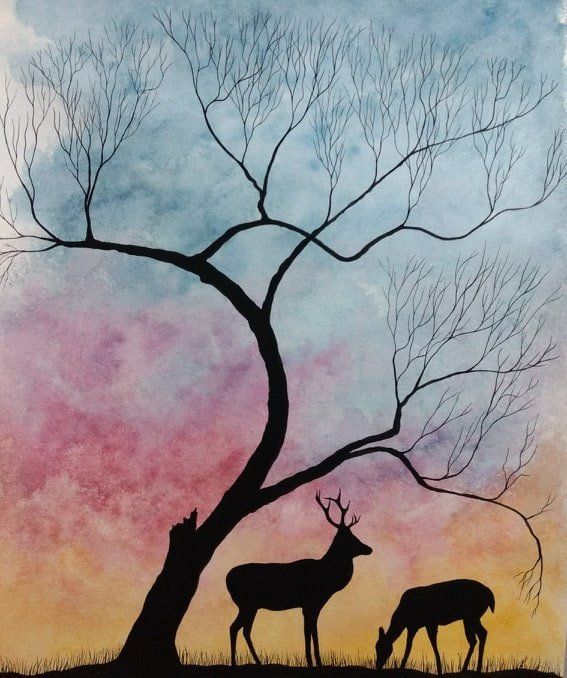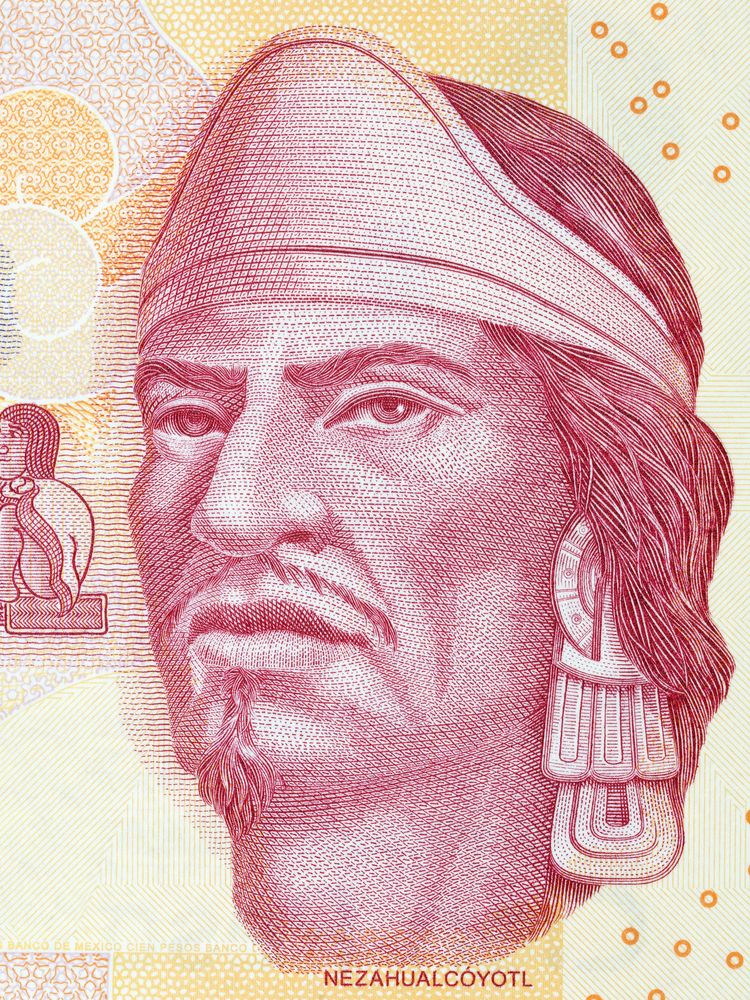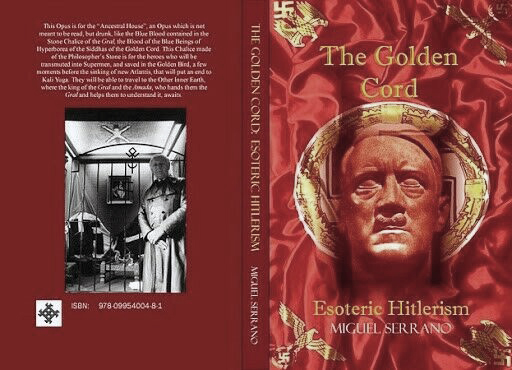This recent discussion with one of the biggest fans of this site motivated me this morning to think on the subject.
If there is one thing that has wasted my time, it is arguing with people with whom I should never, ever have argued. For example, the referred commenter, using the pen name he uses in the comments section of The Unz Review, said earlier this year: ‘The USSR withered because they did not push for the racial replacement of Germany—by Russians’.
It was because of things like that that for a long time I prevented the vast majority of his comments from passing here.
But the aforementioned commenter, who describes himself as Russian, is not alone. In the past, a Romanian whom I also prohibited from commenting here said that he didn’t give a damn about the suffering of millions of Germans in the war and, paradoxically, in other respects he spoke like a National Socialist.
It sounds like schizophrenia, but these types of people have been very common on this site and elsewhere.
I confess that, in my great frustration with them and three other smart commenters, I have filled many pages of my diaries since 2018. There is no point in exhuming those private diaries except to say that I sometimes feel like George Lincoln Rockwell, who tells how he admitted a half-naked Aryan (a homeless?) to his group and later he became an excellent element. But there was a dark side to that tactic, as another unhinged individual within Rockwell’s group of outcasts was the one who shot him…
In December I said that only those who thought like the SS could comment on this site. I forgot to add that I wasn’t referring to them meeting in military groups, since that would become a honey trap for the System. What I wanted to say is that they ought to think like SS men; that their scale of values should allow them to crave things like the Master Plan East. I didn’t mean that they bought weapons or planned an attack (the Hollywood vision of white nationalism, as we saw in the silly movie Imperium). I was referring to changing your scale of values, as Savitri said in my post yesterday.
In other words, since most whites are tainted by the florid psychosis stage of Christian ethics, the only thing that makes sense is to try to understand what is going on, and convey it to as many Aryan males as possible. It hurts to say it, but Greg Johnson is right about one thing: it’s not time for politics but metapolitics.
This site receives very little feedback in the comments section. And of the fans we’ve had, I’ve already blocked a few for saying things like the outrageous quote I picked up above. In many ways I am alone. I have to deal with those shirtless guys like the ones Rockwell admitted into his group, but it’s impossible to detect at first glance who among these outcasts will be a good element and who may want to shoot me (what happened to the poor commander).
The alternative is that I forget about commenters and continue my work ‘in the cave of the three-eyed raven’, trying to make a Bran my disciple so that he can later conquer the world: a metaphor that only one commenter has understood, an European.
Since December I broke my promise to close the comments for a year. I reopened them only after two and a half months—only to be cheated by one of the banned commenters, through a sockpuppet.(*) But I think that what the European told me in an entry that I posted at the last minute of the last day of the year is worth reposting, as at that time the comments section was already closed.
Commenter I.N. wrote to me (the following is a repost of his December 31, 2020 comment):
______ 卐 ______
Excuse me for the lengthy text.
I understand how crucial it is for you to move towards this direction [basically close the comments section] given how much you have pondered about it for years now and I applaud you for it. The fact that you tolerated this insufferable situation for so long is a testament to your patience. However, by doing so you remove an indispensable aspect that should define discourse between us National Socialists so as to exchange viewpoints and answer questions.
This has been an integral feature of your site as apart from your entries, the comments too did aid me in acquiring a perfected exterminationist worldview. You must cultivate a climate for dialogue and encourage your viewers to engage in conversation among them. If you shun it your page might lose much needed traction and visitors and we need to assist you in amassing a wider audience of Whites willing to arrive at the truth.
If you wish to attract a larger audience and maybe even ‘steal’ followers from ‘mainstream’ WN sites like Counter Currents and American Renaissance you might want to think again about resorting to such strict censorship. That way you can redirect their focus to your revolutionary site and maybe witness a steady shift in their mentality as they begin to reject their old digital hangouts and dedicate their attention to you if your teachings take hold. Additionally, this radical approach of yours might make it impossible for people living on the other side of the Atlantic to opine on your entries.
Indeed, most commenters were unable to cross the psychological Rubicon to gain a higher understanding of the root causes that have culminated in the West’s ongoing downfall and it started to become frustrating but you can’t let this indignation get the better of you. Let them stagnate in the middle of the river and drown.
It will be a pity to have the rest of us who are of sound judgement and servants of the 14 words be lumped in with impudent buffoons like Adunaii or depressed defectives like Simon Elliot / Autisticus Spasticus. I admit that some of their comments may seem smart and sophisticated from a purely neutral standpoint, and I am not neutral but intrinsically bound to the ground of the radiant bucolic landscape that enchants and permanently captivates everyone who disembarks on the riverfront lying on the opposite side of the Rubicon. (It appears the journey across happens amidst intense fog / Christian ethics, that’s why most lose track of the destination and end up at the riverbed, never managing to even glance at the promised Utopia achievable only through the axiology of National Socialism.)
Said process of ‘conversion’ happened pretty much instantaneously thanks to stumbling upon your work and due to my own life experiences, research and conclusions. But commie sympathisers like Adunaii and abject, puerile defeatists like Elliot have to be expelled for reasons of adamant ideological consistency and devotion to the sacred cause summed up in the 4 and 14 Words.
Only through the Religion of Hate will we be able to exact holy racial vengeance and purify the flora and fauna of this planet by disposing of the sadistic vermin (dimwitted, dark skinned and two-legged mostly) that stains and defiles it once and for all and thus establishing a truly just, fair and beautiful Earth encompassing New Order in the biological sense. A world filled with staggeringly gorgeous Aryan nymphets and youths to roam it gracefully with kindness, respect, modesty and empathy and meant only for those worthy of living.
Anyway, I digress. Though this tactic relieves you from the burden of putting up with the absurdly preposterous (as in not sharing your justified hatred yet) content in the posts of some annoying slowpokes, some commenters could provide very informative insights and it would be a loss to miss out on that.
Some (extremely few in fact) deserve to be granted permission to keep commenting on this site. At least allow a very select number of them like Mauricio, Joseph Walsh (I have been keeping up with your site since April 2019 and I haven’t seen his profile in the comments for a while and I cannot remember if he has made an appearance in the last two years so I don’t know if he is still active), [Anti]natalist44 (thankfully he changed his idiotic surname, he might be a bit pessimistic but he is also necessarily cynical which can enlighten the Aryan about how hypocritical they are) or Apollokult among others like him who surprisingly fully align with your principles which, in all honesty, should be common knowledge and even maxims embedded into our culture.
______ 卐 ______
Editor’s Note: Both I.N. and I were unaware then that Natalist44 was none other than Adunai.
______ 卐 ______
Or at least slightly alter this policy you have adopted. You could enable the option to post comments that are sent exclusively by e-mail instead. The absence of a comment thread will automatically dissuade dummies, normies and white nationalists from bothering to leave their undesirable opinions on this gem of a site. Or efilists for that matter.
Could you not appoint some voluntary admins to filter the comment section and dispatch the outcasts that would dare trespass on your webpage? I am not cognizant of the intricacies involved in operating a site or the terms of use/service of WordPress by the way. I do not disagree with you per se, I actually partially welcome this initiative. I still I urge you to reconsider though.
Your site encapsulates the very essence of what the White Man must do in order to survive which is admittedly to ‘think more ruthlessly than Himmler’. That is quite a demanding task to undertake, and assuming the only stimuli they receive that leads them down this path is your site, then you can be sure it is going to take a while before they cross over to Level 9. Though as betrayed by your disappointment, few people appreciate the effort you put into awakening them.
At best it happens instantly (like with me) and at worst it needs an incessant bombardment of Nordicist literature for a couple of years. Let us be confident that the continuous reading of all that your site has to offer will be the catalyst that drives them to shatter their flawed and indulgent worldview which derives from the allegiance to a false, self-abasing and ultimately suicidal morality.
The prerequisite is to shake off the persistent indoctrination that has been passed down from generation to generation and has become so ingrained into our psyche (not mine, I have always been an atheist and a staunch critic of the afterlife paranoia) that it has developed such resilient antibodies to ensure its firm grip over the Aryans’ responses and actions. Tough job but something as unlikely as this can transpire. You remember what Tikhar said earlier this month.
Anyway, I have never seen a Priest of the 14 Words (you coined this term) devote his life so holistically to the materialisation of Aryan resurgence and domination despite being tainted by foreign blood. You are truly much more Aryan than the overwhelming majority of Aryans. You are a prophet and a benefactor to our run down race. Frankly, pretty much no one else articulates the harsh truth in such a precise, crystal clear and no holds barred manner.
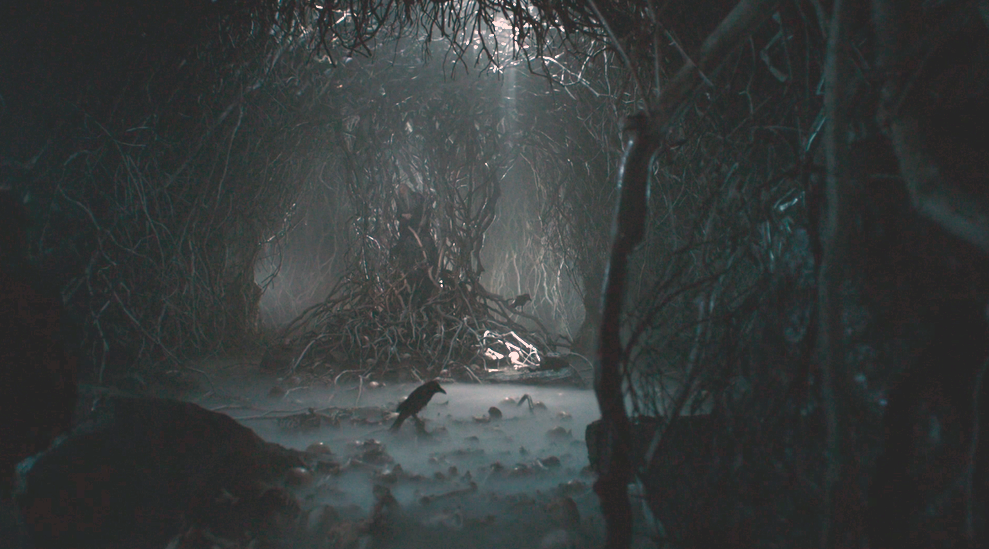 Keep struggling and sending out three-eyed ravens to educate prospective broken Brans by imbuing them with retrocognition so that they endeavour to uplift the ever dissipating Whites from their demoralising and self-destructive state.
Keep struggling and sending out three-eyed ravens to educate prospective broken Brans by imbuing them with retrocognition so that they endeavour to uplift the ever dissipating Whites from their demoralising and self-destructive state.
I merely wanted to leave my contribution for the second and last time apparently (unless another e-mail of mine impresses you so as to warrant its own entry). I think of you as an underrated and obscure (not recognised enough) hero of these end times (unless the White Revolution takes place and is successful), Mr. C. T.
Thank you for changing my life. Heil to you! I hope the Whites of the future that emerge victorious from this ordeal build a statue in dedication to your memory. I will keep being a faithful follower of yours.
Again, sorry for my brazenly long testimony. Happy New Year with loads of success in adequately conveying your ‘heretic’ message.
By the way, I am eagerly anticipating the day the subtitle of this site will finally read something along the lines of: ‘The Time For Armed Revolution Is Here! Nietzschean Transvaluation for a Hitlerian Civilisation!’
I.N.
___________
(*) Update of September 29: At Adunai’s request, I removed the screenshot showing that his I.P. is identical to the I.P. of Antinatalist44.
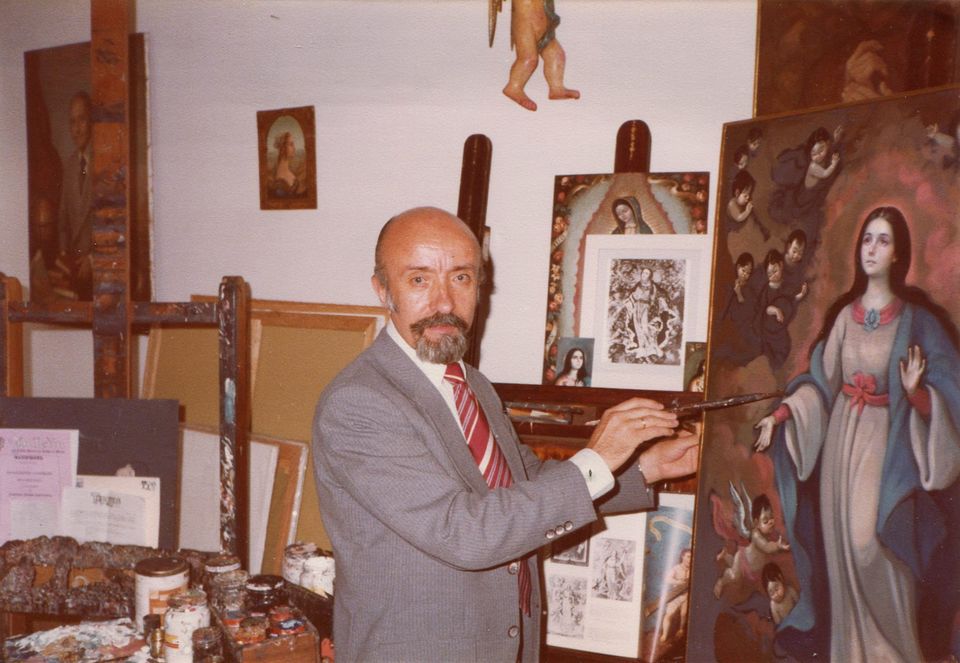 For the collection on the occasion of the 450th anniversary of the myth of the apparitions of the Virgin of Guadalupe, Jorge Sánchez presented his collection in eighteen oils, using my sister (who died the same year as him) as a model for the Virgin.
For the collection on the occasion of the 450th anniversary of the myth of the apparitions of the Virgin of Guadalupe, Jorge Sánchez presented his collection in eighteen oils, using my sister (who died the same year as him) as a model for the Virgin.